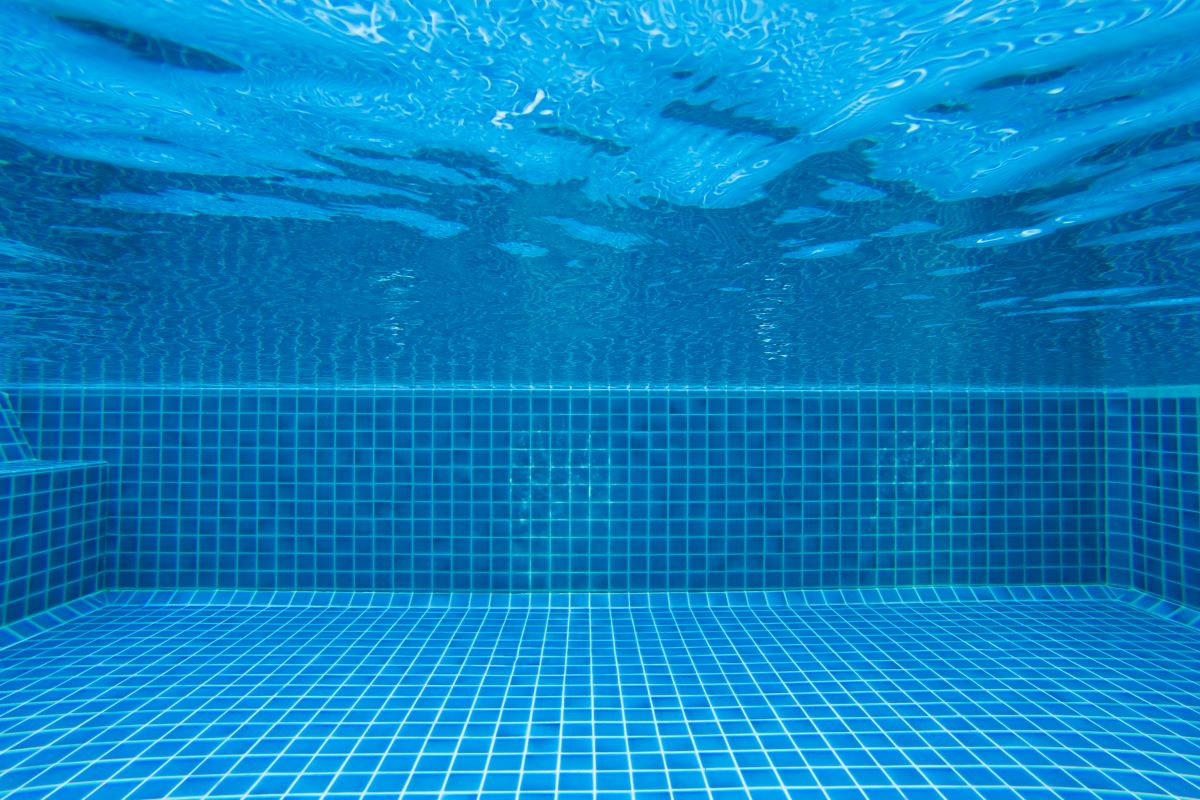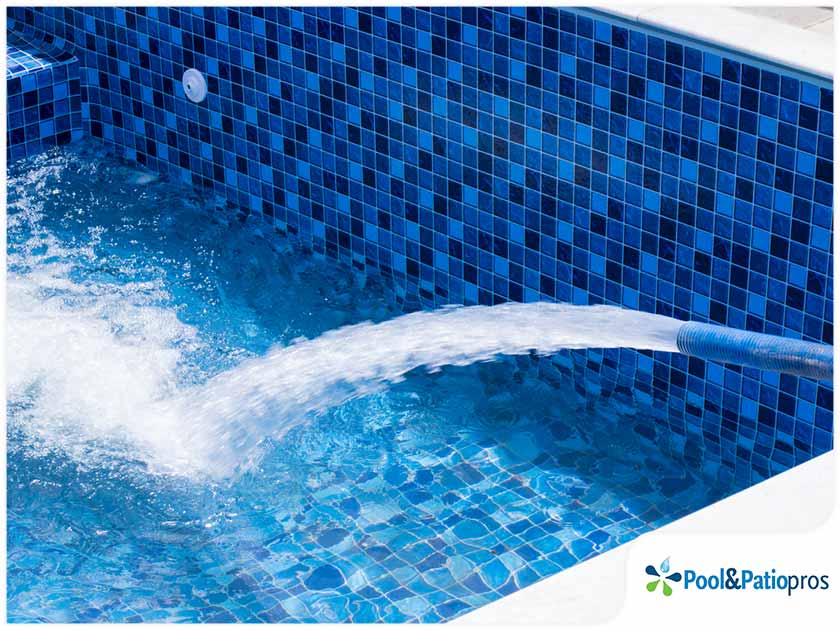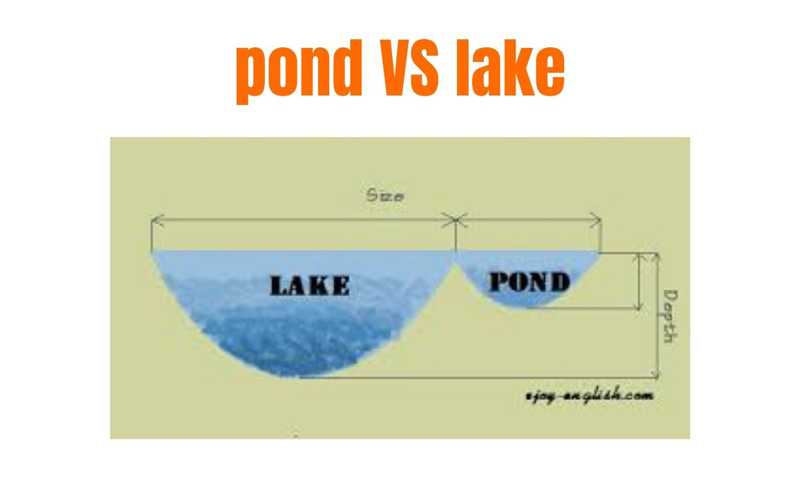When it comes to maintaining a clean and healthy swimming pool, one of the most important factors to consider is the quality of the water. Proper water maintenance not only ensures a safe and enjoyable swimming experience, but it also prolongs the life of your pool equipment and reduces the need for costly repairs. One of the key questions that pool owners often ask is how often they should change their pool water. In this article, we will explore the factors that influence the frequency of pool water changes and provide practical guidelines to help you keep your pool water in top condition.
Factors Affecting Pool Water Quality
Several factors can impact the quality of your pool water, including environmental conditions, pool usage, and the effectiveness of your water treatment and filtration systems. Understanding these factors is essential for determining the appropriate frequency of water changes for your pool.
Environmental Conditions
The local climate, rainfall, and temperature fluctuations can all affect the chemical balance and cleanliness of your pool water. In regions with heavy rainfall or high humidity, the water may become more prone to algae growth and contamination, necessitating more frequent water changes. On the other hand, pools in arid climates with intense sunlight may experience faster evaporation rates, leading to a higher concentration of dissolved minerals and the need for periodic dilution of the water.
Pool Usage
The frequency and intensity of pool usage can also impact water quality. Pools that are used frequently, especially by large groups of people, are more susceptible to the accumulation of organic matter, such as sweat, oils, and sunscreen residues. This can lead to increased demand for sanitizers and regular monitoring of the water chemistry to prevent the buildup of harmful bacteria and algae.
Water Treatment And Filtration Systems
The efficiency of your pool’s water treatment and filtration systems plays a crucial role in maintaining water quality. High-quality filtration equipment, combined with effective water circulation and chemical treatment, can significantly reduce the need for frequent water changes. Regular maintenance and proper operation of these systems are essential for keeping the water clean and balanced.

Credit: aquamobileswim.com
Guidelines for Changing Pool Water
While there is no one-size-fits-all answer to how often pool water should be changed, certain guidelines can help you make an informed decision based on your specific circumstances. Consider the following recommendations to determine the optimal frequency for refreshing your pool water:
Water Testing
Regular testing of the pool water is essential for monitoring its chemical balance and identifying any imbalances or contaminants. Conducting weekly tests for pH, chlorine levels, alkalinity, and calcium hardness can provide valuable insights into the overall water quality and guide your decision on when to change the water.
Visual Inspection
Regular visual inspection of the pool water can reveal signs of deterioration, such as cloudiness, discoloration, or the presence of debris and sediment. If you notice persistent issues that cannot be resolved through routine maintenance, it may be time to consider a partial or complete water change.
Seasonal Considerations
Take into account the seasonal variations in your region when determining the frequency of water changes. For example, pools that experience heavy use during the summer months may require more frequent water refreshment to counteract the effects of increased bather load and higher temperatures.
Professional Advice
Consulting with a qualified pool maintenance professional can provide valuable insights into the specific needs of your pool and help you establish a customized water management plan. Professionals can offer expert guidance on water treatment strategies, filtration system optimization, and proactive measures to maintain water quality.

Credit: www.poolandpatiopros.com
Conclusion
Ensuring the cleanliness and safety of your pool water is an ongoing responsibility that demands careful attention to the unique conditions and usage patterns of your pool. By staying vigilant in monitoring water quality, implementing effective maintenance practices, and seeking professional advice when needed, you can optimize the lifespan of your pool water and enjoy a refreshing swimming experience for years to come.

